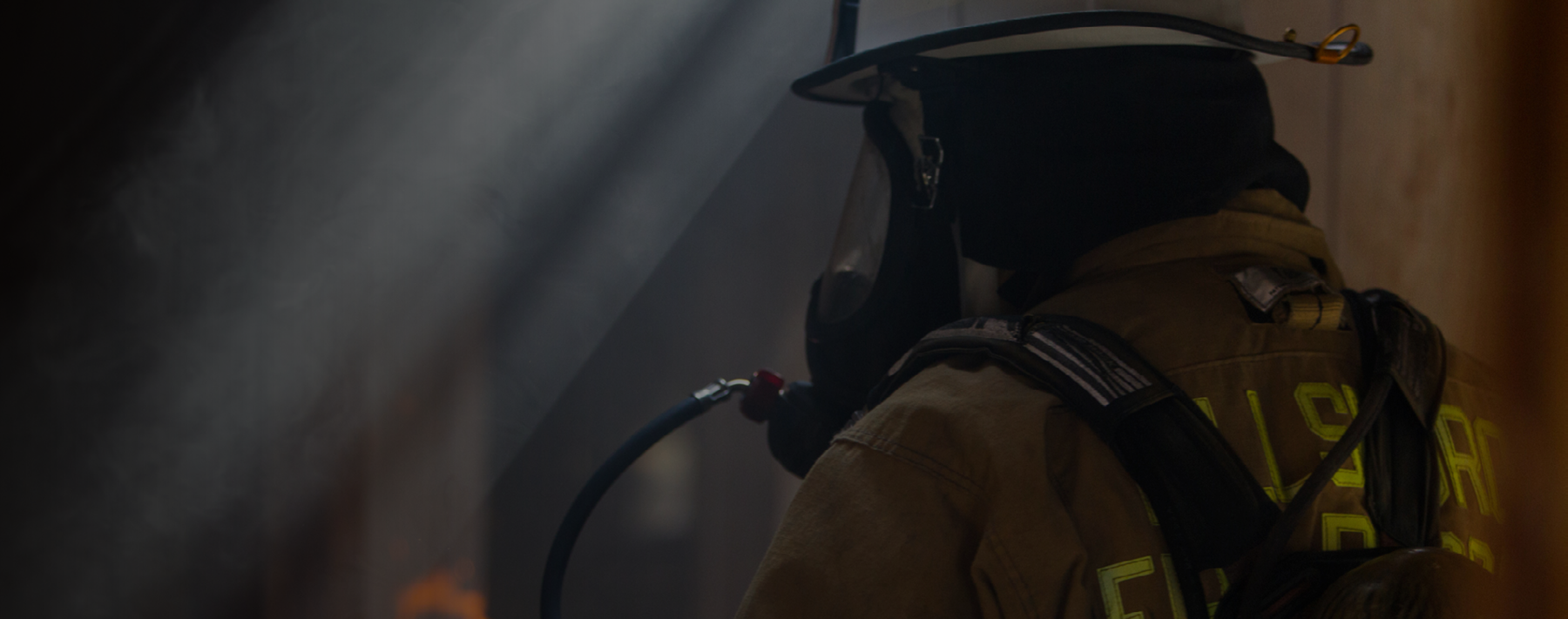Are you training on policy?
Why is this an important question for fire departments? Training on policy is an important part of organizational excellence because it helps ensure that members of our agencies are meeting organizational expectations.
Stop and think about your agency’s policy manual. Generally, most of us only interact with the policy manual three times in our career:
- When we are hired
- When we are testing for promotion
- When we get into trouble (usually to find out how bad it’s going to be)
A few agencies are currently training their members on policy. But for most of us, this isn’t the case.
Generally, we spend a great deal of time training on operational tasks because we have high expectations from the organization to perform these tasks effectively and efficiently on the fireground. But doesn’t the same expectation apply for compliance with department policy?
The importance of firefighter training on policy should not be underestimated. Members of an organization want to know what the agency expects of them and are willing to comply with policy. Generally, firefighters will not willingly violate policy. Instead, many times, policy infractions are caused by a lack of awareness of policies for a given situation or a lack of understanding of the organization’s expectations outlined by an applicable policy.
Policies are a necessary part of keeping your members informed about what they are expected to do. But policy training should do more than just expose them to the policy. It should teach them what the policy says and how to apply that policy to their work. Only when you provide the application of the policy to the work they do each day can you expect your members to fully understand and comply with the policy.
Following are a couple things to keep in mind when considering your firefighter training policy program:
- What exactly constitutes policy. Lots of departments mix policies with standard operating procedures or guidelines, or standing orders. Try to filter this additional material out so you’re truly training on policy. Policies define organizational expectations; SOPs/SOGs outline tactics and operations.
- The firefighter training method you’ll use. There are lots of ways to integrate policy into training. You can start each shift by reviewing a policy or a section of a policy. You can ask firefighters to review policies on a set schedule—say, five policies each month. Or you can look at creating computer-based training, employing video and audio files when applicable.
- Firefighter training priorities. There’s no shortage of policy topics, so where do you start? Although training on all policies is important, it may help to start with the policies that address high-risk/low-frequency incidents. These are the ones where firefighters are most likely to get hurt or do something wrong unknowingly.
Many fire agencies today strive to achieve organizational excellence. Ensuring that regular policy training is part of your firefighter training plan and providing a high-quality policy training product to your agency’s members is a crucial step toward that goal.
Attending the ISFSI Instructor Development Conference? Don’t miss Bruce’s presentation on the topic of policy training!



